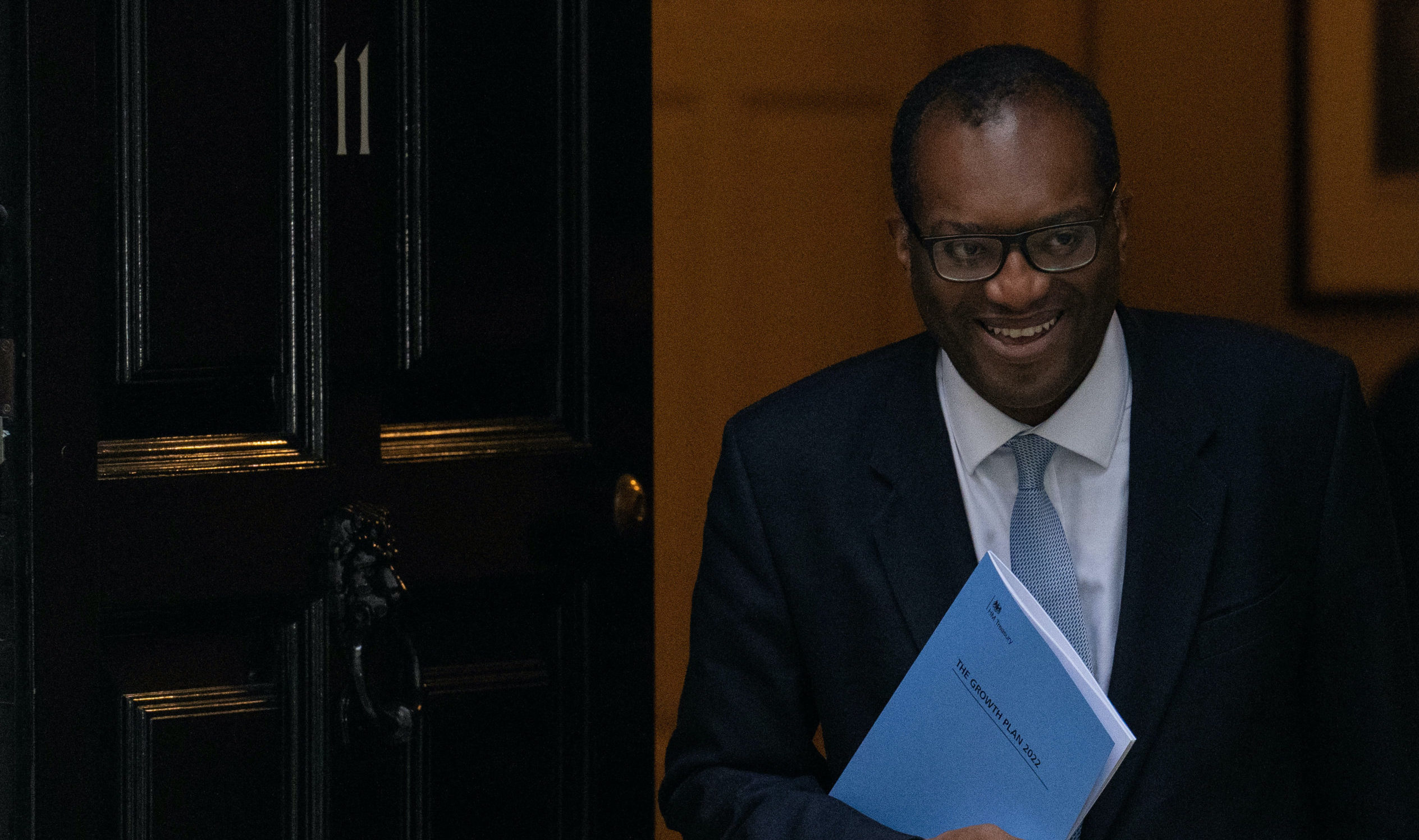If you believe George Monbiot in The Guardian today, then Liz Truss and her Chancellor Kwasi Kwarteng are about to turn Britain into a turbo-capitalist dystopia. Goodbye green and pleasant land, hello Blade Runner nightmare.
His evidence is that the government is stuffed full of free market liberals who used to work for think tanks like the Institute of Economic Affairs and the Adam Smith Institute. And he’s right: many of their alumni are now employed in Downing Street. Furthermore, Monbiot points out that these outfits are opaquely funded, that they coordinate their activities in private meetings, and hold ideological positions that fall outside of the mainstream.
However, much the same could be said of groups on the radical Left of British politics. And in neither case is any of this illegal. This is a democracy in which people are allow to challenge the status quo from either direction. Indeed, the last general election in 2019 was a choice between the two sets of radicals — and the voters turned Right.
Of course, what the voters specifically chose was Boris Johnson and his get-Brexit-done boosterism — it wasn’t a vote for Blade Runner capitalism. However, science fiction was the last thing on offer from Kwarteng in his mini-budget today. As the Shadow Chancellor, Rachel Reeves, pointed out, what we actually got was a grab-bag of dusty old ideas: income tax cuts, low corporation tax, stamp duty reductions and the acceleration of infrastructure projects. There’ll also be another tightening-up of social security provision to squeeze more people into the workforce.
There was nothing truly shocking — for instance, the abolition of the green belt or the scrapping the net zero target. As for the newly announced ‘Investment Zones’, if they turn out to much more than a re-branding of similar (and ineffective) policies from the past, I’d be flabbergasted.
If there was any novelty in Kwarteng’s mini-budget, it’s that he’s dusted-off so many of these clichéd measures — and thrown them at a faltering economy — at the same time. There’s also zero embarrassment about the fact that these are intended as incentives for the already wealthy. Indeed, the scrapping of the levy on bankers’ bonuses and the refusal to impose further windfall taxes on energy company super-profits deliberately highlights the Truss-Kwarteng approach. The same goes for the decision to muzzle the Office for Budget Responsibility: absolutely nothing must be allowed to dilute the government’s pro-growth, pro-business message.
What we’ve seen today is an expensive gamble — not on genuinely new ideas, but on the old idea that the already wealthy will create more wealth if only they receive enough encouragement from the state. This isn’t quite what the Left caricature as ‘trickle-down economics’, but it does presuppose that the rich and powerful will return the favour and mobilise their wealth to get the economy growing again.
If they don’t, and this experiment leaves nothing behind but a further mountain of public debt, then consequences will be far-reaching. It will be a disaster for Britain of course — and an open goal for Keir Starmer at the next election. We can also expect an almighty ideological backlash within the Conservative Party.
If big business thinks it can simply take the government’s money without coming through for the British economy, then it is making a suicidal mistake.











Join the discussion
Join like minded readers that support our journalism by becoming a paid subscriber
To join the discussion in the comments, become a paid subscriber.
Join like minded readers that support our journalism, read unlimited articles and enjoy other subscriber-only benefits.
Subscribe